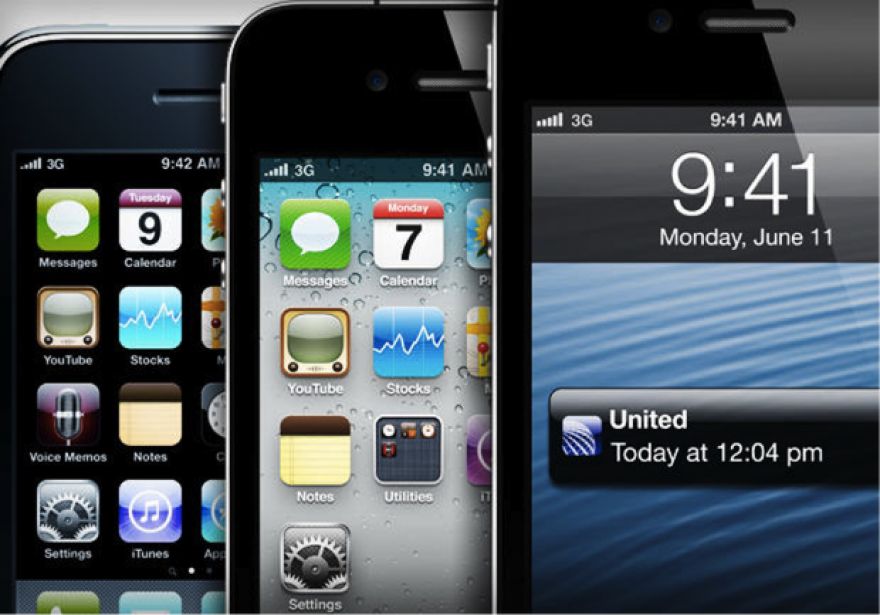
Why that ad-friendly app may not be your friend
There's been much hand-wringing over Apple's introduction of content blocking in iOS 9, with some lamenting "the slow death of the web." Others, like John Gruber, speculate that Apple's dominance of mobile browsing (given the iPhone and Safari) result in a "veto power" over the web.
But that's silly. Ad blocking isn't killing the web. Apps are.
The browser-less web
Or, at least, apps are killing a certain flavor of web. You know, the kind that requires a web browser.
But this is already a decreasing fraction of our old-school web browsing. Think for a minute where you read that recent New York Times article.
Or that Buzzfeed list. Was it in Safari or Chrome?
Doubtful.
Much more likely, as Joe Webster points out, you read that article within an app:
Joe isn't alone.
According to Flurry data, apps now dominate 90% of our mobile lives, up from 86% last year. Even as we spend 35% more time with our mobile devices (nearly an hour more per day than 2014), we've all but given up on the web:
Except that we haven't. Given up on the web, that is. It's just that we increasingly access the web through apps, as mentioned above.
Importantly, as Webster notes, ads aren't blocked in apps (or even in Chrome—it's just Apple's Safari that gets the royal treatment, at least for now).
Which means, as Nilay Patel argues, that "with iOS 9 and content blockers, what [we're] seeing is Apple's attempt to fully drive the knife into Google's revenue platform." That is, ads. Facebook still gets paid on those in-app ads... ditto Twitter, Apple, and every other app publisher.
It's just Google that's getting knifed.
Our walled garden web
Oh, and the rest of us, too. Maybe.
No, I don't think Armageddon is near, because media publishers and other sites currently supported by advertising could go out of business. But I do think we all lose as apps like Facebook package the web into neat, tidy, and controllable bits.
In other words, this is far bigger than a few ads.
Apps may skirt ad blocking, but it's not even clear that apps are the atomic unit of computing on mobile devices. This rabbit hole is far bigger than that.
Consider Facebook's M, the evolution of its Messenger product, still in closed beta. As anticipated by Golden Krishna maxim that the "best interface is no interface," Bloomberg notes that M "hints at Facebook's ambitions to transform its own messaging app into a kind of proprietary internet where people spend all their time instead of bouncing around among different apps."
Like Siri or Google Now, it's not really an app. It's a genie that lets you reach into the bowels of the internet to summon services... as long as they're Facebook/Apple/Google-approved.
This is the web we're veering toward, a sort of reincarnation of Compuserve, but even more proprietary. Ad blocking should be the least of our worries.
Also see
- Does there need to be an app for that?
- Apple allows iOS ad blocking. Your move, Google!
- Microsoft waves the white flag on mobile
- Here's how to start on your company's mobile strategy

